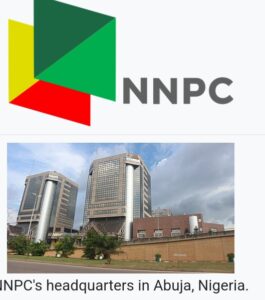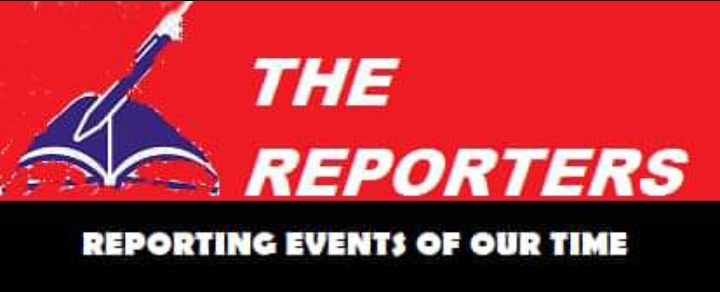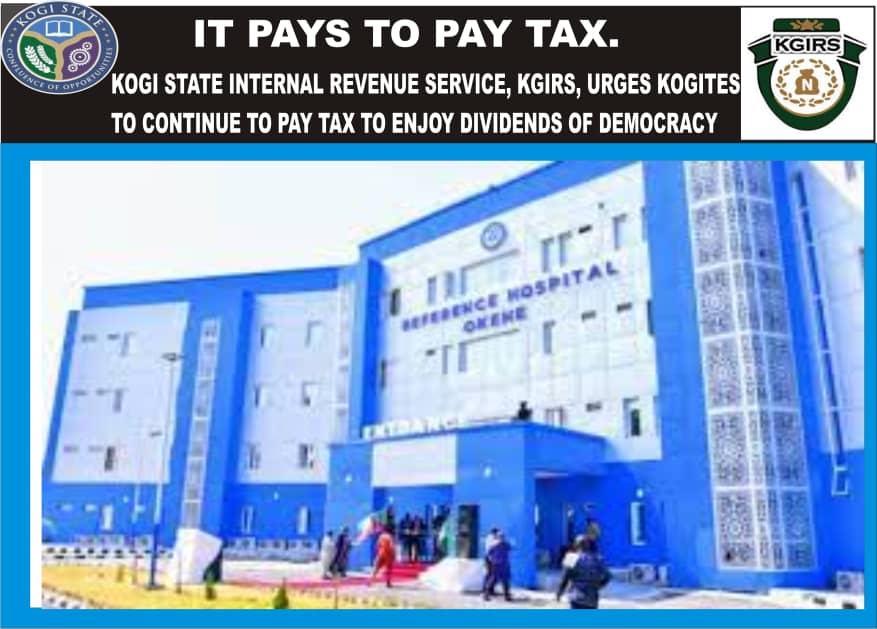
Photo credit:NNPC Ltd.
,,,identifies 12 pilot states to kickstart the project
,,,,Says company will make gas affordable to rural dwellers
By David Okpashi
LAFIA –The Nigerian National Petroleum Company Limited (NNPCL) on Tuesday, launched the maiden edition of LPG micro filling station it says is aimed at making cooking gas available and affordable in rural areas in Nasarawa State.
The Manager, External Relations, Aisha Birma, who led the NNPCL team on a courtesy call to Governor Abdullahi Sule at the Government House, Lafia ,said twelve states in the country had been identified as pilot states, including Nasarawa state,to kickstart the project.
“We have 12 states as the pilot states, but we are starting with Nasarawa State because of the enormous resources available in the state,”Birma stated.
Explaining further, Manager, LPG Sales NNPC Retail Limited,. Jibunoh Sabastine, disclosed that the company had decided to introduce micro filling plants to be deployed to hinterland, especially in less developed communities, in order to introduce the use of cooking gas, reduce deforestation and use of unsafe energy.
He stated further that after the three pilot projects, the NNPC would subsequently in the coming year, scale up the project by establishing additional plants to be decided by the company.
He pointed out that because the project is expected to not only generate employment but also introduce the gas business to people at the hinterlands, the state government might subsequently partner with the NNPC to cascade the LPG Micro Filling Plant across the nooks and crannies of the state.
“The micro filling plant is a specially built compact, compatible containerized system capable of storing LPG in cylinders and dispense same at designated places.
“We intend to take it to areas where there is lack of orientation on the use of gas for cooking purposes. NNPC has adequate gas supply to distribute across the hinterlands.
“One of the intentions of this project is to ensure that people at the rural areas, no matter how poor they are, would be able to afford gas. If they want to buy LPG of N500,they should be able to come here and refill their cylinder and take to their houses to use,” Sabastine said.
According to Sabastine, the company will build three LPG micro filling plants in Nasarawa State, one in each senatorial zone, with each plant estimated to cost between seventy to ninety million naira.
In his response, Governor Abdullahi Sule, thanked the NNPC for not only selecting Nasarawa State as part of the twelve pilot states but also choosing the state to launch and kickstart the project.
While indicating the interest of his administration to support the NNPC in carrying out the project, Governor Sule used the opportunity of the visit to inform the team on the ongoing oil exploration in the state.
“Exactly one year ago, the NNPCL started oil drilling operations in Obi.
” With the start of that, usually before the end of last year, we are supposed to have finished drilling that well. That well is still being drilled. One of the reasons was because they came in contact with gas too early. They have lots of challenges right now when it comes to gas.
“As a matter of fact, they have to do what is called importation of water, that is, taking water from other location to the site. That means you have plenty of gas in Nasarawa State,” he stated.
The Governor noted that Nigeria currently has over 200 trillion standard cubic feet of gas noting that the country had just about 40bn barrels of oil reserve.
He described the development as a win-win situation with the NNPC exploiting various sources of utilization of gas.
“We in Nasarawa State should be happy with that because we are now a state with the abundance of resources of gas. It’s something that is a win-win for both of us,” he said.
Governor Sule, therefore, directed the NNPC team to liaise with the State Ministry of Land, Nasarawa State Investment Development Agency (NASIDA), as well as the Nasarawa State Geographic Information Service ( NAGIS), with a view to fine tuning modalities for kickstarting the project.
Edited by Dawud Ahmed.



